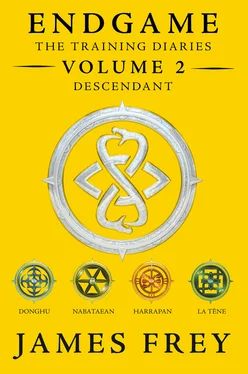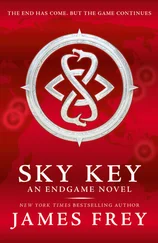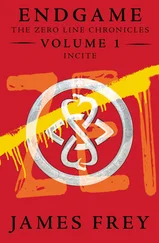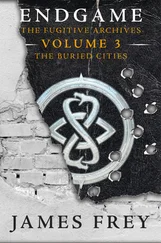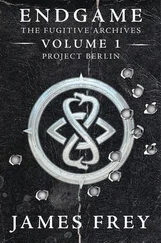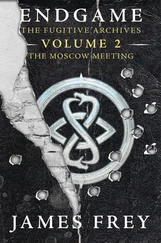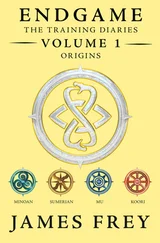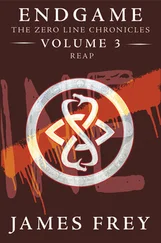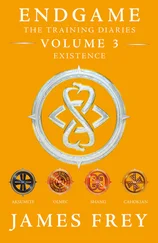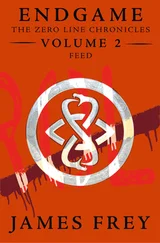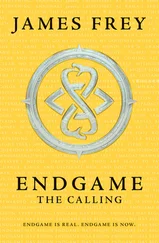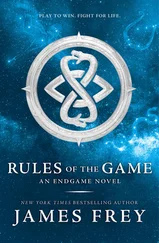It’s a risk, but it’s one he has to take.
He dials Lorelei’s number.
“Declan.” She breathes his name into the phone, as if she’s afraid to scare him away. “Declan, what have you done?”
“I’m sorry.” He swallows hard, fights back the tears, presses his lips to Aisling’s forehead, reminding himself why he’s doing this, why he must. “I’m so sorry.”
“Is she okay?” Lorelei asks. “Please, just tell me that.”
“She’s fine. Of course she’s fine. You know I would never let anyone hurt her.”
“I don’t know anything anymore.”
“I can’t come home, Lorelei. I can’t bring her back. It’s too dangerous.”
“Then tell me where you are.”
“So you can send the cops for me? Or Pop?”
“So I can come to you,” Lorelei says. “I know you, Declan. If you want to take Aisling away, hide her where no one will ever find her, you can do it. So you win, okay? I can’t be away from her. Tell me where you are, and I’ll come with you. Wherever you want to go, whatever you need to do. I’ll go. I’ll do it. Just tell me. Trust me.”
Her voice is full of pain—and love.
“What do you think?” Declan whispers to Aisling, ruffling her red hair. “Can we trust Mommy?”
At the word, Aisling bursts into tears. It’s the only answer he needs.
“Okay,” Declan tells Lorelei, hoping he’s not making the biggest mistake of his life. “Get a pen and paper, and I’ll tell you where to find us.”
He trusts his wife.
But he also knows his wife.
“Stay quiet, little girl,” he murmurs to Aisling as he nestles her carrier beneath a tree. She sucks at her pacifier and, he hopes, dreams of happier days. Declan has stationed them on an overlook that gives him a perfect sight line into the valley. Down there, in a deserted stretch of field in the heart of the Ozarks, Lorelei will come for her daughter. He lies flat on his stomach, camouflaged by the weeds, and raises the binoculars.
He’s been careful.
He chose a place he knows like the back of his hand, an open field easily surveilled from the surrounding hillside.
This oasis of wilderness is special to him; it’s where Le Fond first made face-to-face contact with him. Le Fond is his own name for the network of shadow warriors, a small joke with himself: La Tène means “the shallows,” so he thinks of these strange messages from the dark as “the deep.” With few exceptions, they exist for him as whispers, anonymous texts, faces hidden by cloaks and masks.
The young woman who met him here wouldn’t reveal her name or background, wouldn’t explain how she’d come to know about Endgame or why she’d chosen Declan to recruit. “We watch all the Players,” she said. “We saw something in you.”
At the time, he’d taken it as an insult. Had Le Fond seen some fault in him that he didn’t even know was there, some evidence that his faith was weak, that he would be willing to betray his cause?
It’s only slowly, as he follows the bread-crumb trail around the world, that he begins to see. As he searches through artifacts, discovers long-lost documents by long-dead Players of the La Tène line, as he follows their questioning and their clues back and back through the ages, as he finds, finally, the secret cave with its astonishing paintings, he understands. What Le Fond saw in him wasn’t weakness; it was strength—the strength of loyalty and conviction that would drive him straight back to Queens, send him marching into the High Council chambers, desperate to share what he learned. To open their eyes to the truth: that Endgame is a cruel joke of the gods, that the Player’s true role is to kick-start the apocalypse, that this is an endless cycle that the lines can only end by choosing not to Play. That the power is in their hands, if only they decide to use it.
It didn’t occur to him that he’d be laughed out of the room.
Or that when they stopped laughing, they would strip him of his duties in the line and brand him as a heretic.
It’s not just what they want to do to Aisling that scares him.
It’s the worry that, fearing his influence, they’ll never let her see him again.
This patch of overgrown wilderness has lodged itself into his heart; this was where his eyes were first opened. Maybe, he thinks, it will be a lucky spot, and he can open Lorelei’s eyes too.
He holds the binoculars steady.
He waits.
And he sighs with disappointment, but not surprise, when Lorelei arrives at the coordinates—flanked by his father and the La Tène Player. She’s betrayed him, just as he knew she would, and he can’t even hold it against her.
She’s doing what she believes is best for her daughter.
He loves her all the more for that.
Declan’s set up a listening relay, a bug in the meadow so he can hear what’s said down in the valley and speak if need be. He can hear his wife’s confusion.
“Where is he?” she says, panic in her voice. “He said he’d be here. I don’t understand. He wouldn’t lie to me. Not about this.”
“Oh, he’s here somewhere,” Pop says, gazing into the hills. His eyes seem to alight on Declan’s hiding spot, and though Declan knows it’s impossible, he can’t shake the feeling that his father sees straight through the brush, is glaring straight at him.
“You are, aren’t you?” Pop says. “I know you, son. You’re watching us. Listening to us. Don’t blame Lorelei for wanting what’s best for you. We all want what’s best for you.”
“Declan, if you can hear me . . .” Lorelei sounds hesitant, like she’s starting to wonder whether Pop has gone as crazy as his son. “Stop hiding and come deal with this like a grown-up. If you’ll just be reasonable—”
She gasps as the Player seizes her. A gun materializes in the Player’s hand, its muzzle pressed to Lorelei’s head.
Declan stops breathing.
Molly is only 17 years old, and she’s known Lorelei since she was a child. Lorelei once babysat for her, and Molly in turn has babysat for Aisling. Molly and Lorelei have gone shopping together; they’ve ridden the carousel in Central Park together; they’ve sipped frozen hot chocolate and dunked churros into caramel sauce; they’ve watched terrible movies on rainy days; they’ve been the best kind of family to each other. And Declan has no doubt that if Molly thought it was necessary, she would pull the trigger without hesitation.
“You know I’ll do it, Declan,” Molly says calmly. The listening device is sensitive: he can hear Lorelei’s rapid and frightened breathing. “You’re the one who taught me how to be ruthless.”
Declan trained her to shoot. Declan was with her for her first kill. He steadied her, whispered in her ear all the lies he once believed, about how Playing called for blood, how killing could be righteous when in service to the line and the game. He created her, as his father had created him. Thousands of years of cruel lies, all come down to this: A killer he made. A woman he loves. A daughter he’s sworn to protect. A gun.
“I’m sorry, Declan,” his father says. Declan’s heart breaks at the sound of his voice, so disappointed—so hard. “You’ve left us no choice.”
“You want her to live, show yourself,” Molly adds in a hard voice. “Now.”
“Please,” Lorelei murmurs. “Please, Molly, don’t.”
He spent so many years learning how to shut down his feelings, to do what needs to be done. But now, when it matters most, his love and fear threaten to overwhelm him.
He tries to clear his head. Aisling and Lorelei need him focused.
They need him.
He swaddles the pink bunny in Aisling’s blanket and presses it to his chest. He kisses his daughter good-bye. “I’ll be back,” he says, but he doesn’t promise. He tries never to make promises he can’t keep.
Читать дальше
